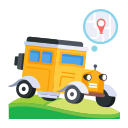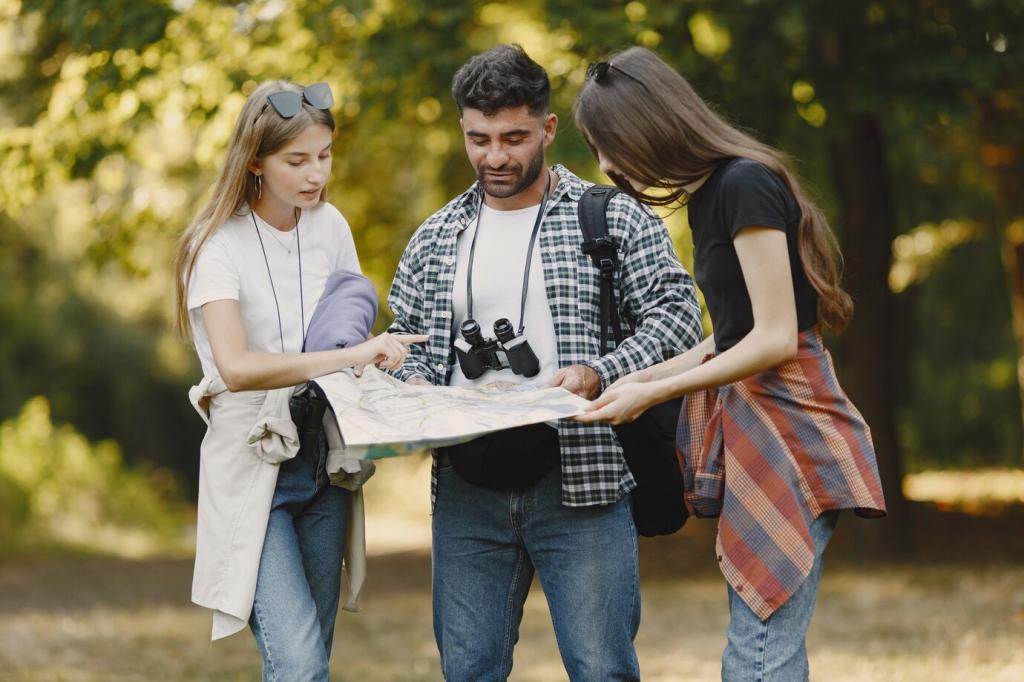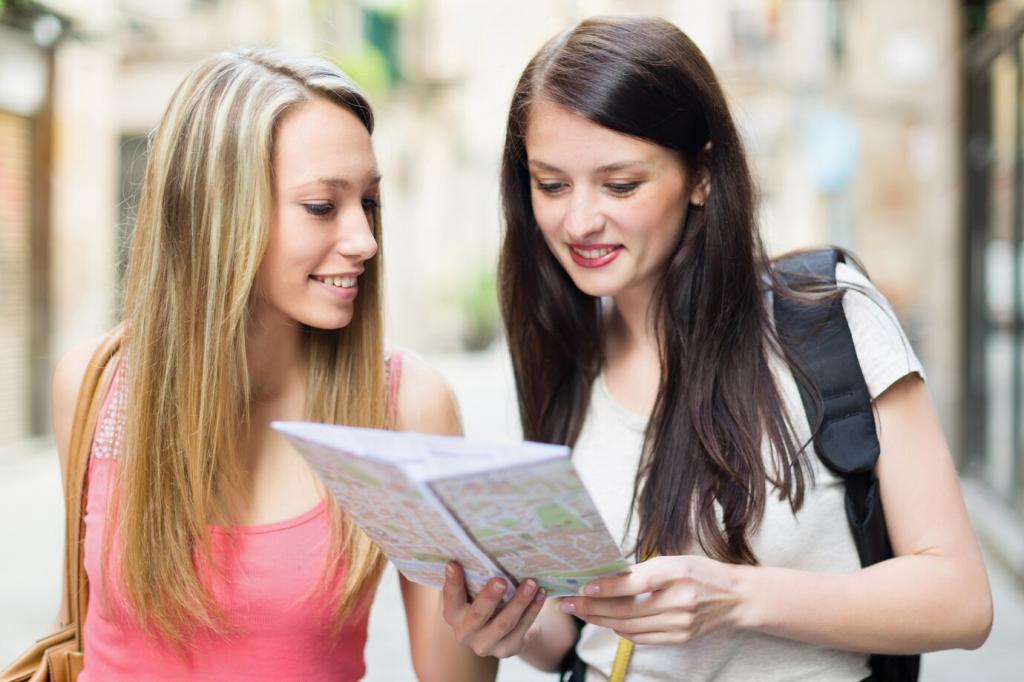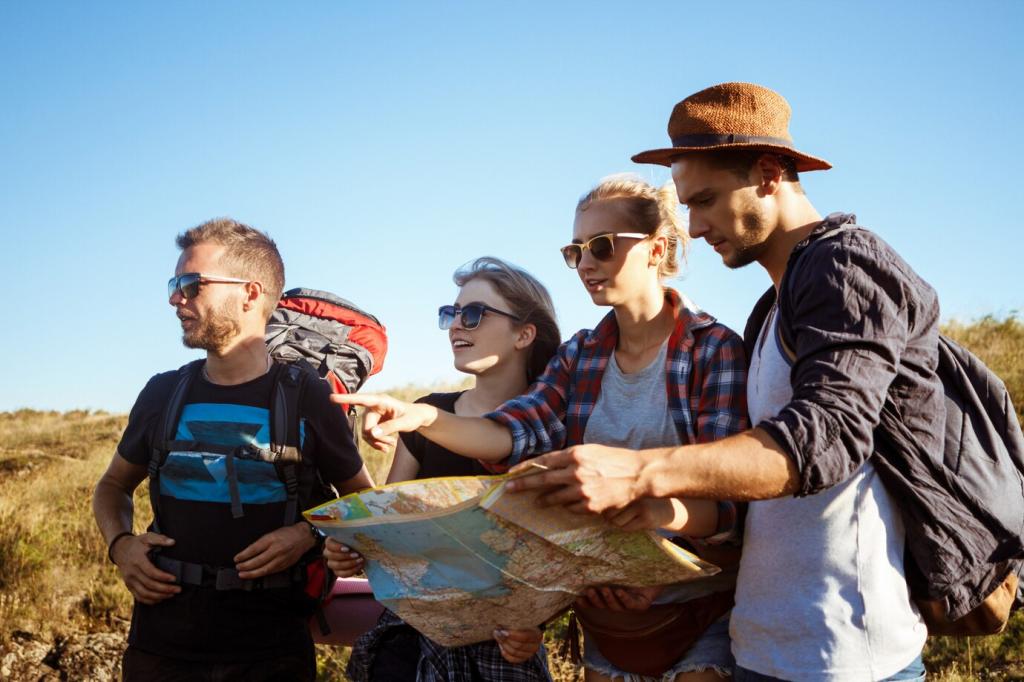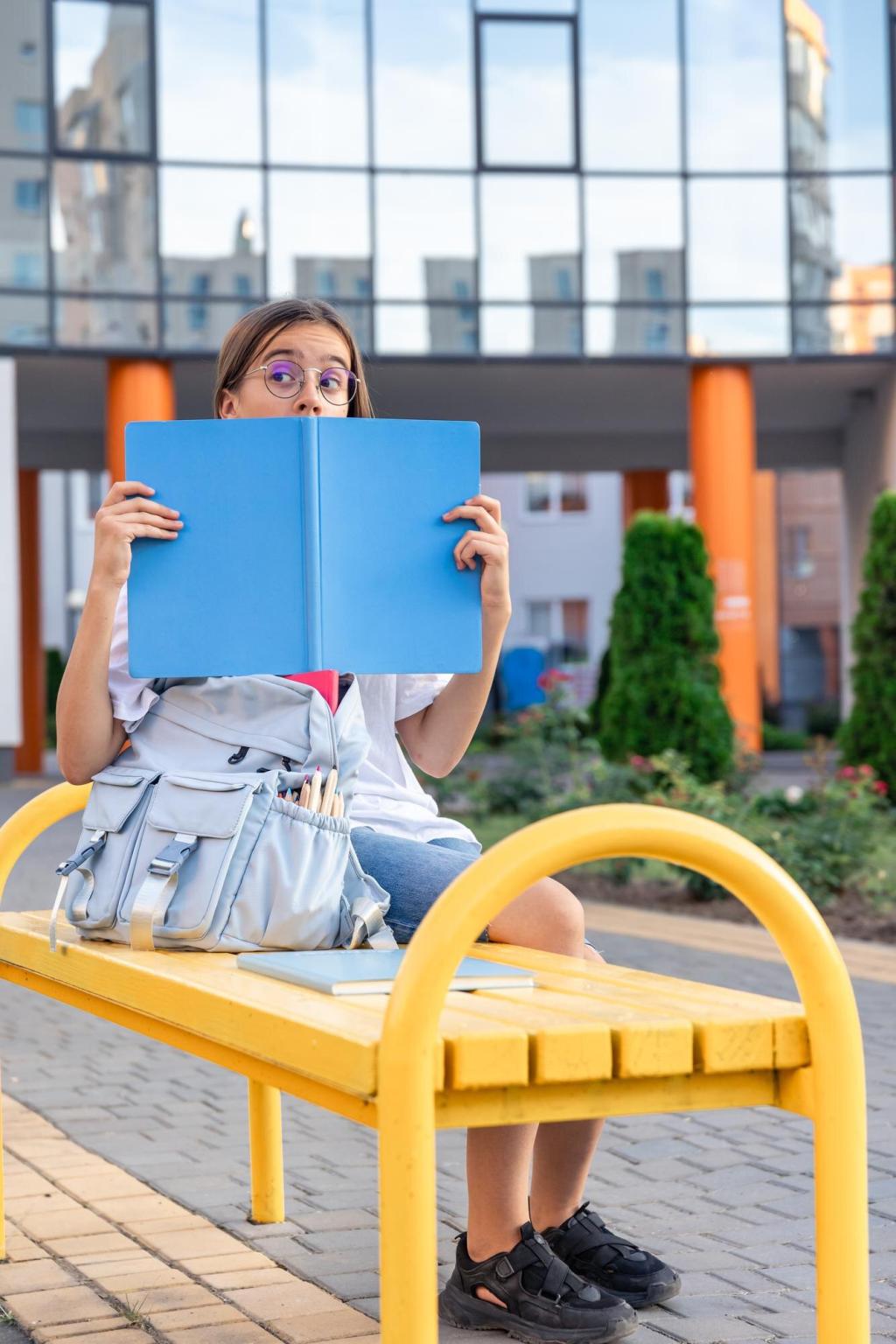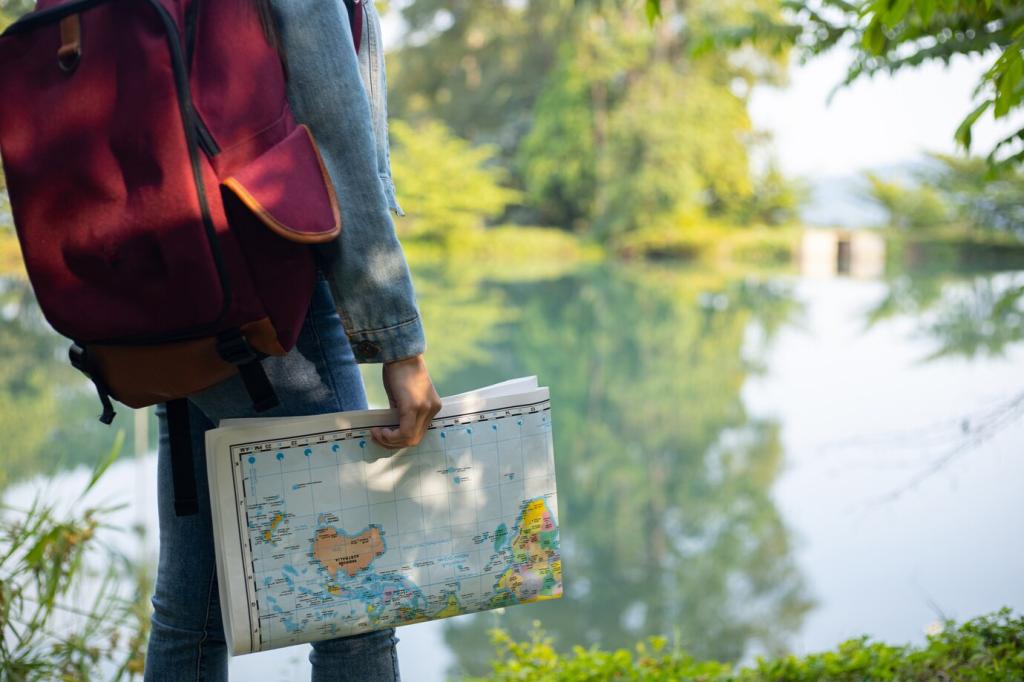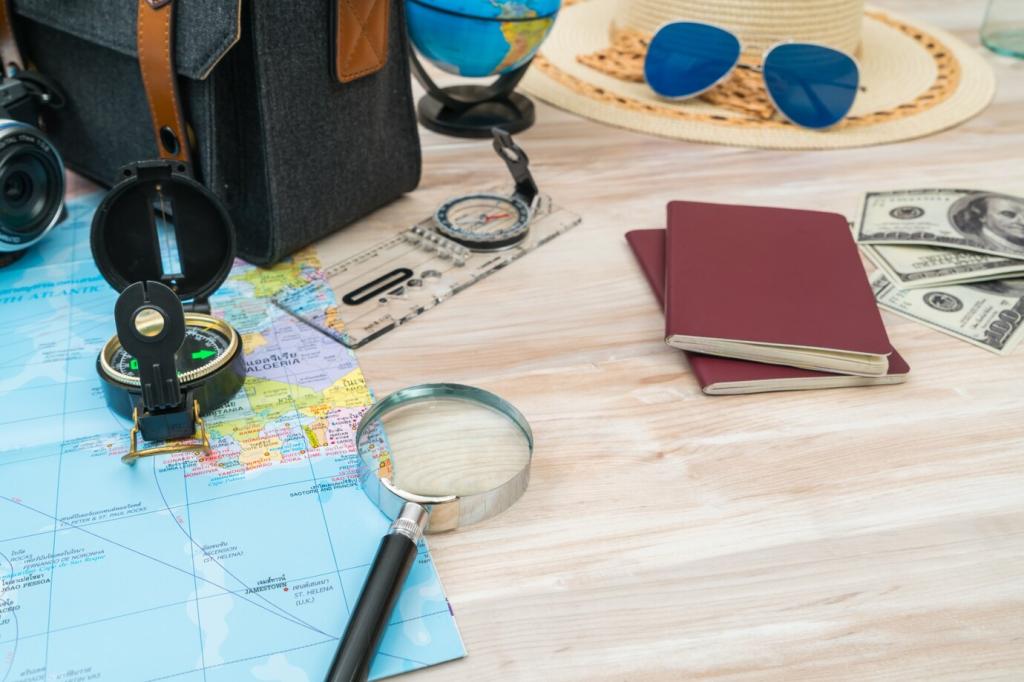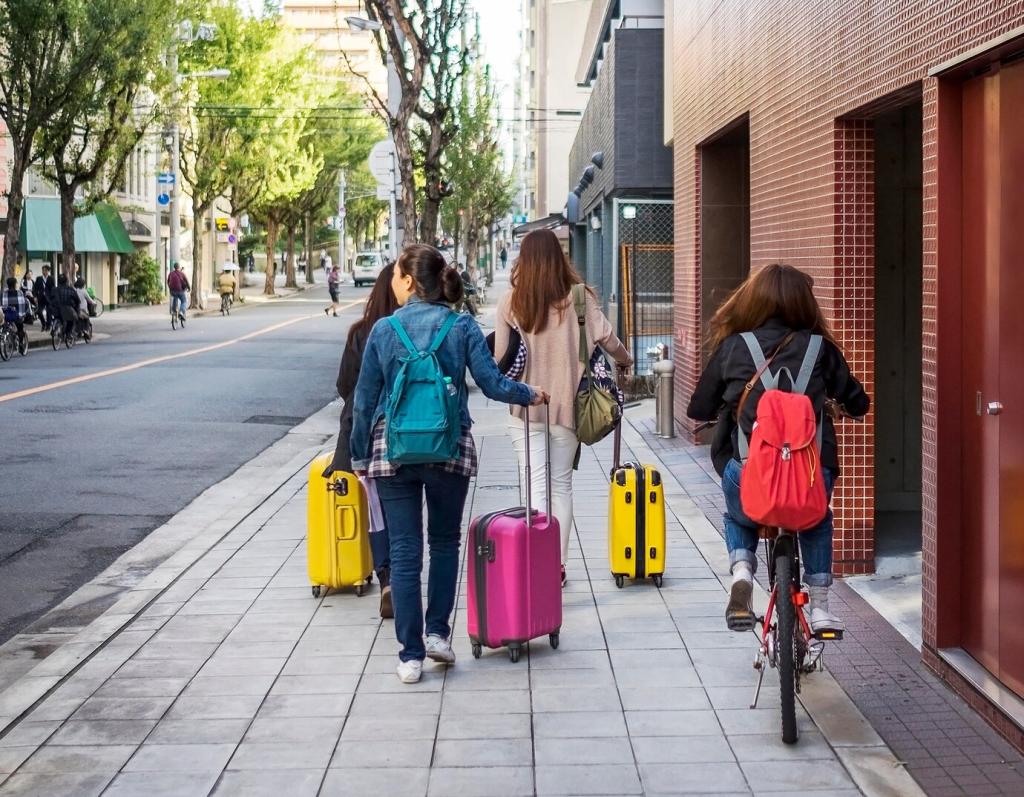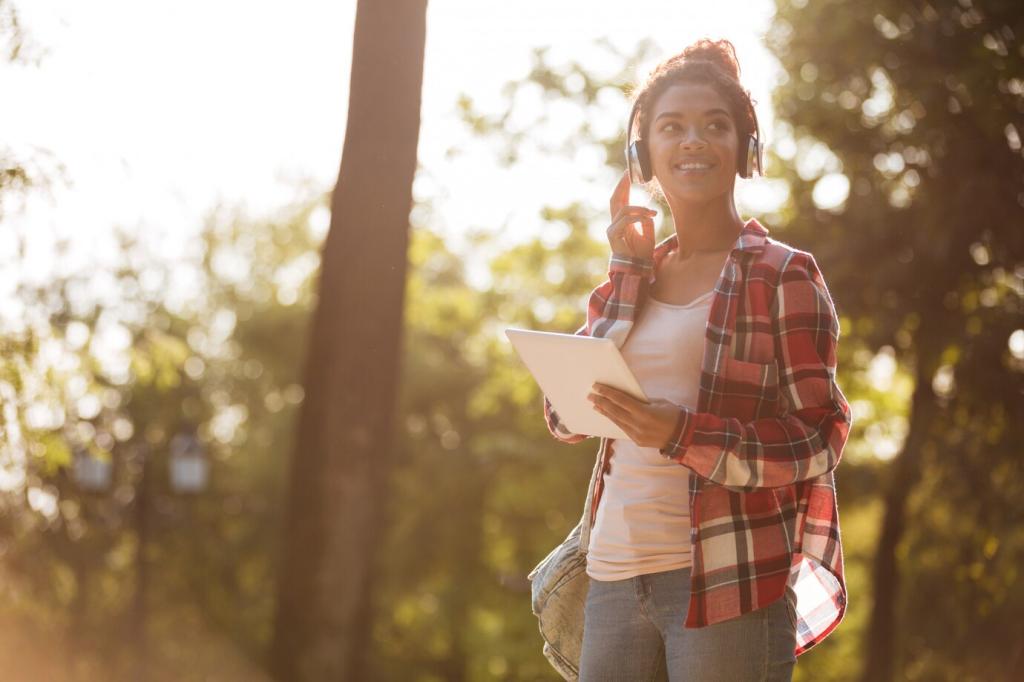Assessment and Reflection That Matter
Encourage sketches, transcripts of overheard dialogue, annotated maps, and data tables. Layer sensory details with citations and claims. These living notebooks become evidence banks for post-trip synthesis. Want our journal scaffold? Subscribe and we will send the editable version.
Assessment and Reflection That Matter
Ask students to pitch conservation plans to park rangers or curate mini-museums for families. Authentic audiences lift effort and sharpen clarity. Comment with your unit topic, and we will suggest a performance task aligned to your standards.
